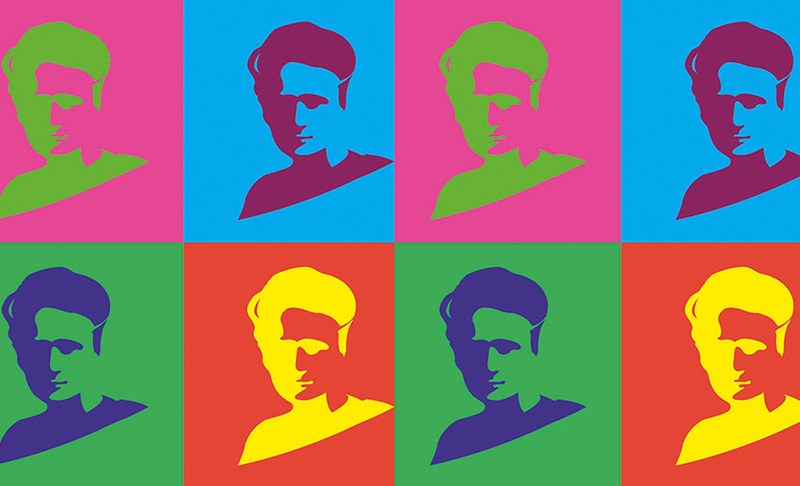Five young Marie Curie researchers will join the UPC with European funding
Jul 19, 2018
Formar una nova generació d’investigadors especialitzats en noves tècniques quirúrgiques robotitzades, en la predicció de fenòmens meteorològics extrems, en l’adaptació de les comunicacions per fibra òptica per fer front al creixent augment del trànsit de dades, i en el desenvolupament de catalitzadors bimetàl·lics per a la producció d’hidrogen, són els objectius dels quatre nous projectes de la UPC seleccionats en la darrera convocatòria Marie Skłodowska-Curie (MSCA), en el marc de l’acció ‘Innovative Training Networks’, i que permetran contractar cinc joves investigadors per a un període de tres anys.
The European Commission (EC) has awarded new MSCA grants to four projects in which the Universitat Politècnica de Catalunya (UPC) is participating. The projects were submitted to the Innovative Training Networks MSCA call under the European Horizon 2020 research programme.
The four latest Marie Curie projects in which the UPC is participating are related to the fields of Information Science and Engineering, Environment and Geo-Sciences, and Chemistry. They were selected from among more than 1,600 proposals from all over Europe that were submitted to the call.
The BIKE (Bimetallic Catalyst Knowledge-Based Development for Energy Applications) project, coordinated at the UPC by Jordi Llorca, a researcher at the Department of Chemical Engineering and the Institute of Energy Technologies (INTE), is a network for training young scientists to develop bimetallic catalysts for energy purposes and, in particular, for hydrogen production.

Share: